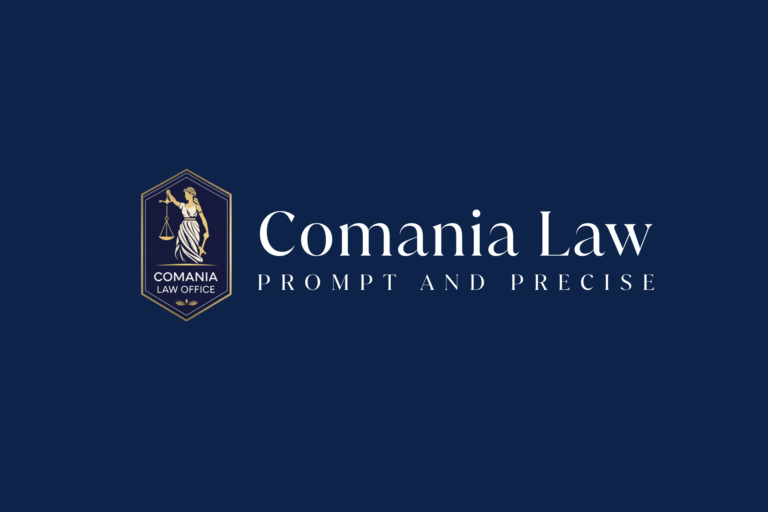MANILA, Philippines — The Supreme Court en banc, in a landmark decision promulgated on February 4, 2025, affirmed that all registered business enterprises (RBEs) operating within the Subic Bay Freeport Zone (SBFZ), including both Domestic Market Enterprises (DMEs) and Registered Export Enterprises (REEs), are entitled to the Value-Added Tax (VAT) zero-rating incentive on local purchases. The Court, in a Decision penned by Associate Justice Mario V. Lopez, declared several issuances by the Department of Finance (DOF) and the Bureau of Internal Revenue (BIR) as void for illegally restricting tax benefits mandated by law.
The case arose from a Petition for Declaratory Relief filed by the Subic Bay Freeport Chamber of Commerce, Inc. (SBFCC) and a taxpayer, challenging rules that threatened to revoke the tax status of many SBFZ enterprises. Enterprises in the SBFZ are generally granted full tax exemptions, including VAT zero-rating on local purchases, in exchange for paying a special 5% tax on gross income, consistent with the Subic Special Economic Zone being a “separate customs territory” under the Bases Conversion and Development Act of 1992 (RA 7227).
Following the enactment of the Corporate Recovery and Tax Incentives for Enterprises Act (CREATE Act) in 2021, which granted VAT zero-rating to all RBEs, the implementing agencies issued contradictory regulations. Specifically, Rule 18, Section 5 of the CREATE Implementing Rules and Regulations (IRR), Revenue Regulations No. 21-2021, and subsequent BIR Revenue Memorandum Circulars (RMC No. 24-2022 and RMC No. 49-2022) unjustly limited the VAT zero-rating on local purchases of goods and services exclusively to REEs, effectively carving out DMEs like the SBFCC from enjoying the incentive. DMEs were subsequently informed they would have to absorb the 12% VAT passed on by local suppliers as part of their cost or expenses.
The key issue brought before the Supreme Court was whether the DOF and the BIR, through their administrative issuances, performed a legislative act by unjustly distinguishing between DMEs and REEs and restricting the VAT zero-rating incentive, thereby exceeding their legal authority. A preliminary procedural issue regarding the appropriate jurisdiction—Regional Trial Court versus Court of Tax Appeals (CTA)—was settled, with the SC confirming the CTA’s final jurisdiction over the validity of tax regulations but opting to take cognizance due to the strong public interest and the need to prevent further delay.
The Supreme Court ultimately GRANTED the petition, ruling that the challenged issuances are VOID for being ultra vires (beyond the scope of legal authority). The Court reiterated that the power to promulgate implementing rules is limited by the legislative enactment itself; an administrative agency cannot amend or expand an Act of Congress. The CREATE Act clearly states that all RBEs, including both REEs and DMEs, are entitled to the VAT zero-rating on purchases directly and exclusively used in their registered activity.
The SC stressed that restricting the VAT zero-rating only to REEs illegally altered the provisions of the CREATE Act and undermined the nature of the SBFZ as a separate customs territory, which mandates that goods entering it are treated as exportations subject to zero percent VAT. The Court emphasized that the power to grant and withdraw tax exemptions is an exclusive prerogative of the legislature, and the executive issuances in question violated the principle of separation of powers by encroaching on Congress’s domain. Consequently, the Court permanently invalidated the DOF and BIR rules that sought to limit this crucial incentive.

